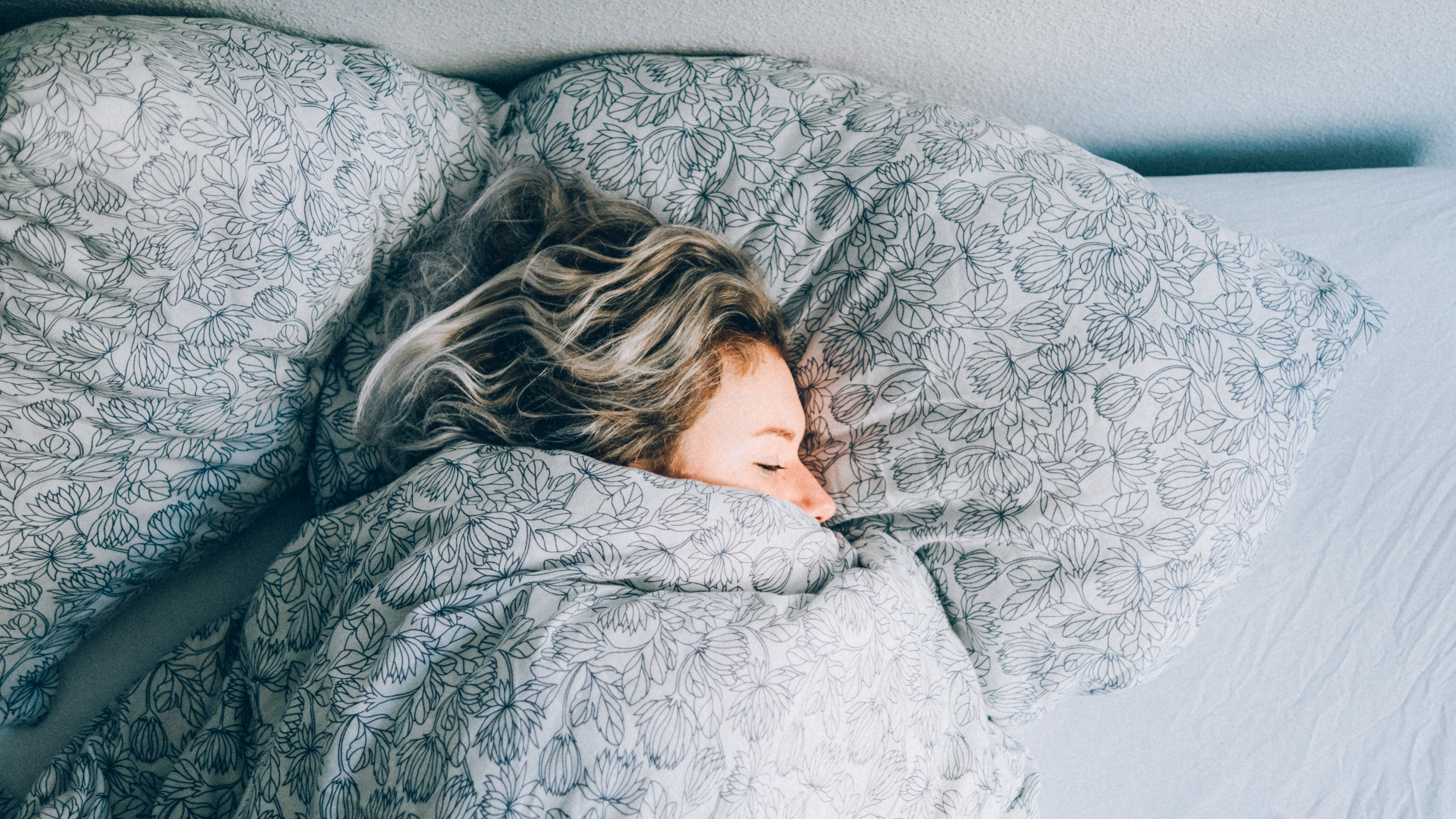Is it bad for your skin to leave the heating on overnight? An expert explains
We asked a doctor if leaving the heating on overnight is wreaking havoc on your skin


With temperatures plummeting this month, it's no surprise that we're keeping the heating turned up until fairly late at night. But is it bad for your skin to leave the heating on overnight?
It's well known that the warm, dry indoors can have an impact on both our skin and hair, the latter of which can see increased breakage and split ends.
And as for our skin, on average we lose around 300-400ml of water through our skin every day – something that's only exacerbated by our increased time spent indoors with the heating on.
So, what's to do? We asked the experts if sleeping with the heating on is bad for your skin, and how you can take care of your skin in response to more time at-home.
More from woman&home:
- Best eye cream: our favourite formulas for every skin type
- Best moisturiser for dry skin: the beauty editor approved buys for flaky skin
- Best retinol creams and serums to anti-age your skin
Is it bad for skin to leave the heating on at night?
“The winter air is much dryer than summer air, and this is compounded by us having central heating on in our homes. When the air has less water than our skin cells, the atmosphere draws moisture out of our skin, thus leaving it feeling dry and dehydrated and often looking dull," explains Dr Sophie Shotter, founder of Illuminate Skin Clinics.
"To minimise this trans-epidermal loss, I recommend not sleeping with the heating on and investing in extremely warm bed clothes and sleepwear instead. Also, try to get outdoors in the daytime in order to break up how much time is spent inside."
Sign up to our free daily email for the latest royal and entertainment news, interesting opinion, expert advice on styling and beauty trends, and no-nonsense guides to the health and wellness questions you want answered.

How to combat the effects of heating on your skin
So, what can you do to combat the effects of blasting the central heating all day long? "Drinking plenty of water and regular application of moisturiser can help to improve the hydration in your skin," explains Dr Jonah Yoo, consultant dermatologist at sk:n. "A good moisturiser helps to restore the skin barrier to prevent the water loss from our skin."
"We should focus on decreasing our trans-epidermal water loss and therefore having a healthy skin barrier," confirms Dr Shotter. "My favourite ingredient to use is ceramides; these are lipids that are a key component of the cell membrane and help to lock moisture in. They work synergistically with ingredients like hyaluronic acid, which is a sponge that keeps water in the skin.
"Air humidifiers can make a difference too, but personally I like to focus on skincare,” she adds.
Once clinics reopen, Dr Yoo recommends a treatment like HydraFacial to boost your skin's hydration levels. "It uses six steps to refresh dull skin and protect against environmental factors, leaving your skin looking radiant."
Lesson learned!
Lucy is a UK-based beauty journalist who has written for titles including Marie Claire, Glamour and OK!, as well as contributing to woman&home. Her work covers everything from expert skin and haircare advice to beauty trends and reviews of the latest products. During her career she regularly speaks to the industry's leading hairdressers, dermatologists and make-up artists, has covered backstage at London Fashion Week and interviewed many a celeb about their beauty routine.
